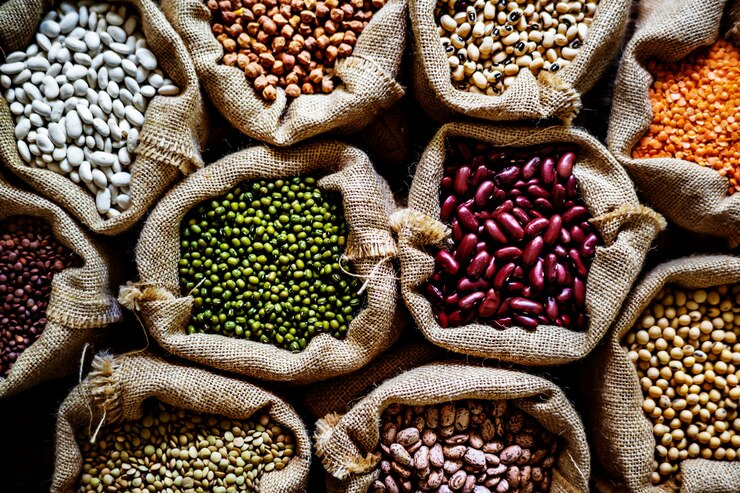With climate change affecting wheat-growing regions, this research delves into high-yield and drought-tolerant wheat varieties, natural soil enhancers like vermicompost and FYM, and the importance of crop rotation. It also explores how organic practices are helping small-scale farmers improve productivity and reduce costs sustainably. ...
Read MoreCotton is a vital cash crop, but it's also one of the most pesticide-intensive. This study looks at sustainable cotton cultivation practices such as integrated pest management (IPM), use of bio-fertilizers, drip irrigation, and organic cotton farming. The paper highlights how NGOs and farmer cooperatives are transforming the cotton ecosystem with environmentally friendly practices. ...
Read MorePulses not only nourish humans with plant-based protein but also enrich the soil with nitrogen. This research highlights their role in natural nitrogen fixation, their adaptability to dryland farming, and their importance in crop diversification. The study promotes the integration of pulses into traditional farming systems for soil health and food security. ...
Read More
Rice is a staple for over half the world's population, yet its cultivation faces serious environmental and water challenges. This research explores modern innovations such as System of Rice Intensification (SRI), precision farming, and the role of organic fertilizers in improving yields while conserving water and soil health. It also examines traditional rice varieties and their climate resilience. ...
Read More